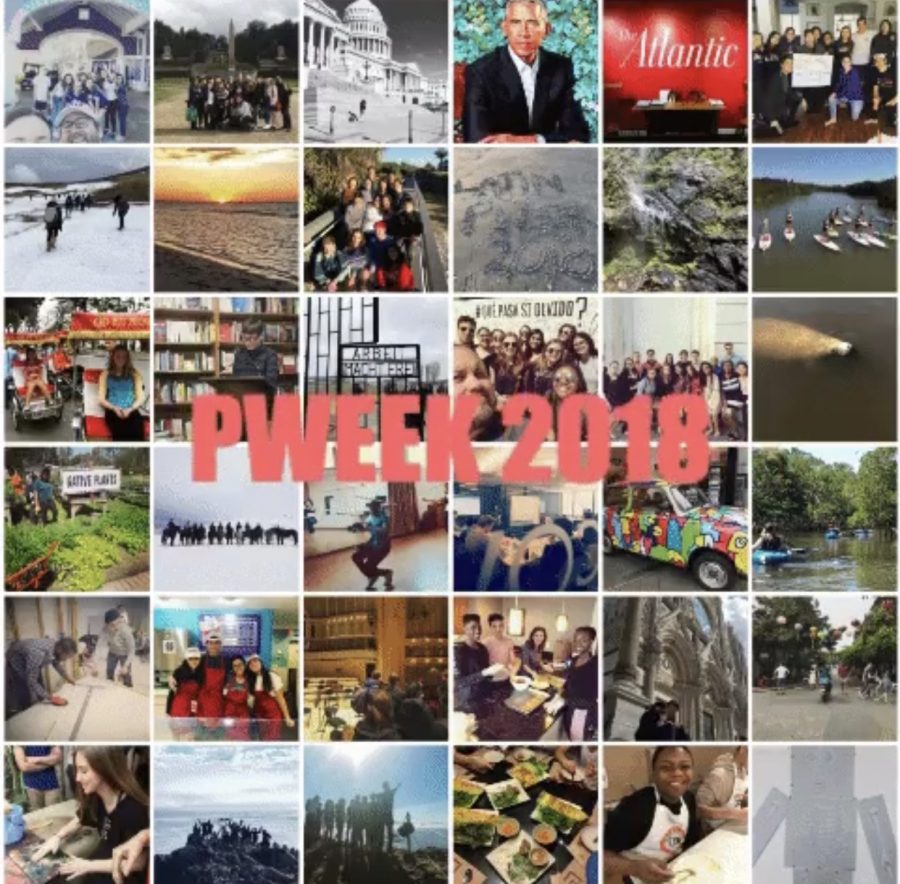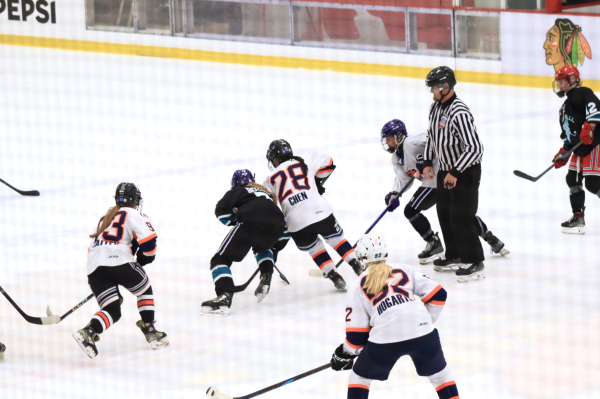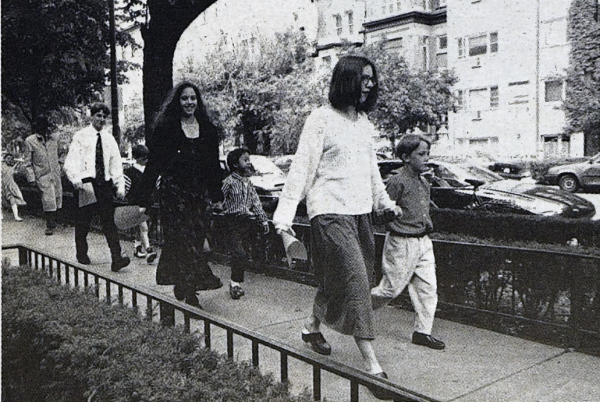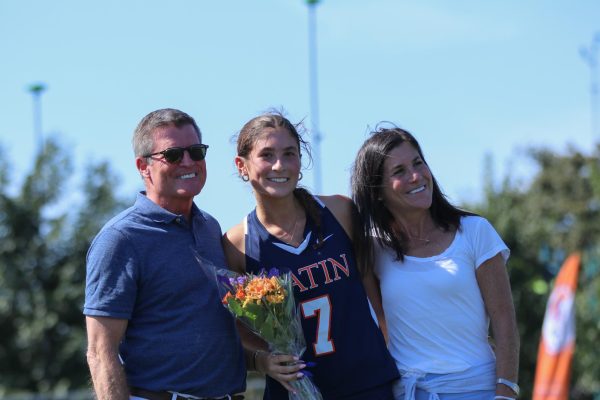Project Week Fair: Does It Need Fixing?
May 16, 2018
Project Week is a huge highlight of the school year for just about every Latin student, but the same can’t always be said about its accompanying fair. Each year during Project Week, students are given the opportunity to either immerse themselves in another culture or stay in town and pursue a specific skill or activity.
There’s always a lot to be learned from the different experiences, so a mid-April gathering block is set aside as a time for each group to come together and share their experiences. Folding tables line the edges of the roof gym with some kind of presentation for each group: slideshows, video montages, poster boards, and art to name a few. Students are free to either browse the presentations or help their group with their own displays. After looking at each table, they continue to their second class of the day.
In theory, this all seems like an excellent way to learn about peers’ experiences. But similarly to the Clubs Fair, it’s far from perfect. For the first ten or fifteen minutes of the fair, the relatively small roof gym is packed with hundreds of students briefly glancing at each table until realizing their time is better spent somewhere else. For the remainder of the period, the gym is nearly empty, with some tables even abandoned by their presenters who likely fled to the cafeteria.
The amount of effort put into the presentation by the groups is also extremely disproportionate. Some groups create elaborate posters detailing every little thing they did, while others will print out a couple photos and call it a day. As Henry Coleman, who attended the San Diego trip, put it, “the [Project Week] fair is an unorganized and confusing event that doesn’t really seem to have any meaning at all. Whatever message it tries to send is obscured by the lack of planning that goes into it.”
Henry makes a good point—while the fair could be an opportunity to exchange new ideas and better our presentational skills, its chaotic nature detracts from the learning experience.
“Presenting at the P-Week fair is fun,” added senior Sophie Woan, “But only if you go somewhere cool. If you were on an in-town you have nothing to show and it’s almost pointless.”
That being said, this year’s fair wasn’t a total failure. For one thing, the students on the Giving Kids the World trip organized an ice cream sale to benefit the foundation. On the trip, they volunteered at a resort in Kissimmee, Florida, exclusively for kids with life-threatening diseases. They spent some time serving desserts at the ‘Ice Cream Palace,’ where the guests can enjoy ice cream free of charge, and decided to bring that experience back home to Latin.
Freshman Colin Campbell went on the trip, and said, “It was an incredible experience. We got to make the kids back in Florida smile when we were down there, which was amazing, and once we got back, we held the sale so that we could help them and the foundation just a little bit more.”
Eli Aronson, another volunteer, elaborated on what Colin said: “Since we did it on the trip, we already knew how to serve ice cream, so having a sale seemed like the perfect idea to show both Latin students what we did and also raise money for Giving Kids the World.”
Several years ago, the Project Week fair looked drastically different. “When I first started,” began Mr. Mahoney, a Project Week coordinator, “we would have two or three assemblies where slideshows would be shown about the projects. But that seemed to highlight the out of town trips, instead of the in town projects; it felt as though a vacation was being broadcast in front of the whole school. Also, a lot of groups put inside jokes in their presentations, which made it more aimed at the people on the project than the whole community. It felt like the audience was being forced to watch these presentations, instead of it being something they were interested to learn about.”
With all these problems surrounding the assemblies, the Project Week committee switched the format into a fair because they “didn’t have a better solution.”
One idea that could solve a few of these problems would be transferring the fair onto a digital platform, like a blog of some sort. Each group would be allowed a video and written summary of their experience, and Latin students could browse each trip’s content at their own discretion. This would solve the problems of low attendance and forcing people to hear about trips they aren’t interested in, and it could be posted right after the week’s end instead of having to wait the better part of a month for the fair. However, the groups would have to police themselves when it comes to avoiding inside jokes and bragging about the destination.
With a little work, the P-Week fair could become something great, or at least something worth spending time on. If you have an idea for improvement of your own, please reach out. Everyone has stories to tell about Project Week—the fair just needs to become the place to tell them.





















































